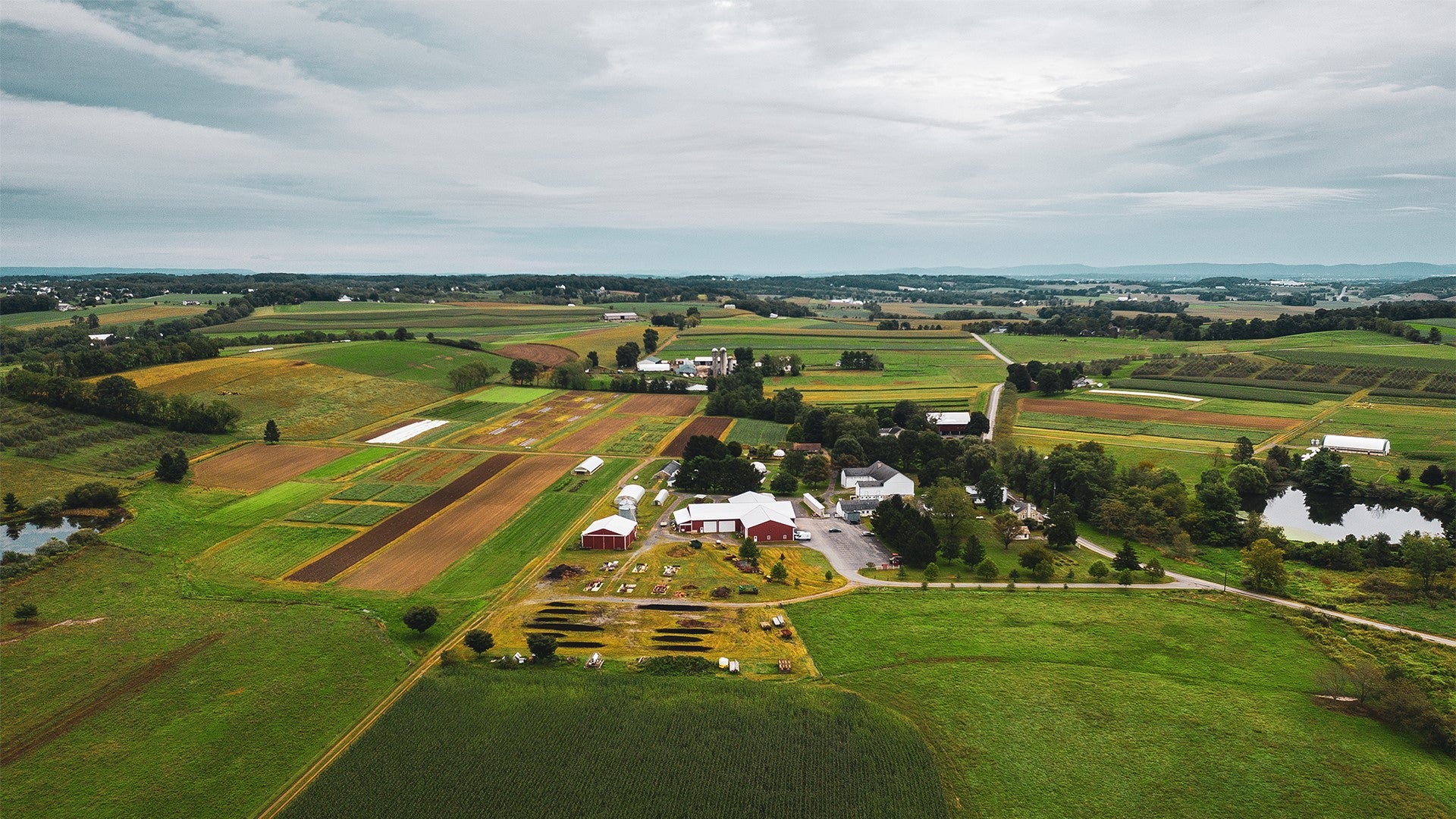
Four countries supporting organic agriculture the most
Tags:
More and more consumers are choosing organic products, and organic farming is on the rise in many countries. Currently, however, how much support organic farming receives really differs from country to country.
What can governments do to support organic agriculture?
A lot. They can offer subsidies for organic farming, making it financially easier for farmers to farm organically or convert to organic farming. Some countries, like Denmark and Samoa, even offer free organic certification services. Governments can fund educational programs about organic farming techniques, so farmers have the information and tools needed to farm organically. They can also support consumer education programs to help consumers understand what organic products are—and the benefits of them. Governments and public funding can also provide funding for research and data collection to support innovation and market development.Which countries support organic agriculture the most?
Determining this isn’t so easy. One could look at which countries have the most amount of organic farmland. Based on a 2018 report by the Research Institute of Organic Agriculture, the countries with the most organic land include Australia (97% of this is grazing area), Argentina, China and the United States. However, a country with a lot of organic land doesn’t necessarily mean that country’s government supports organic agriculture financially more than others. One could also look at the percentage of organic farmland compared to non-organic farmland. According to the 2018 report, the countries with the highest percentage of organic farmland include Liechtenstein, the French Polynesia, Samoa, Austria, Sweden and Italy. Similarly, though, a high percentage of organic land may not be due to government support. But it most likely helps, of course. Research and policy organizations, like the International Federation of Organic Agriculture Movements (IFOAM), recommend that governments support organic agriculture for a number of reasons. These reasons include environmental and public health benefits, improvements to animal welfare and enhanced food quality and nutrition. Globally, more and more consumers prefer organic products, and they'd love to see public dollars spent on supporting organic farming. Often, government support is key for having more farmers farm organically, leading to growth in organic production and the availability of organic food.Four countries leading the way and supporting organic agriculture the most
A number of governments have led the way with organic-support programs. Here are four countries whose governments support organic agriculture the most: Denmark: Danish consumers are referred to as the most “pro-organic” consumers in the world. They buy the highest percentage of organic products in the world—13.3% in 2017 numbers. Since the 80s, the Danish government has put a lot of effort into supporting organic farming. In 2018 and 2019, Denmark’s government plans to spend 147 million euros to support organic and help farmers convert to organic production. A government-run certification program also provides certification free of cost to operators. Austria: Austria is one of the countries with the highest percentage of organic farms in the EU. Organic farming is seen as very important in Austria. In 2011 alone, the Austrian government paid 168 million euros to organic farmers. Government funding supports the country’s Organic Farming Action Plan. This plan aims to improve organic marketing strategies and undertake public relations work to further increase the market share of organic products. Thailand: In 2005, the Thai government launched its National Agenda’s Organic Agriculture, a 5-year program aimed at supporting over four million farmers to use organic inputs instead of agro-chemicals. It also aimed to reduce the total import of agro-chemicals by 50%, as well as boost organic exports by 100% annually. The Thai government allocated around EUR 31 million in 2006 for this program (Source). In 2017, another program providing farmers with financial support to assist them in buying organic seeds and reduce their dependence on pesticides was also announced. India: In 2015, the Paramparagat Krishi Vikas Yojana was launched to support organic agriculture with a budget of around 41 million euros (Source). The scheme is a pro-active initiative of the Indian federal government and a component of the Soil Health Management scheme, which is part of the major project National Mission of Sustainable Agriculture. This program is aimed at increasing domestic production and certification of organic produce by involving farmers.Would you like to be the first to hear about our new products and more? Sign up for our Nature’s Path Newsletter.

